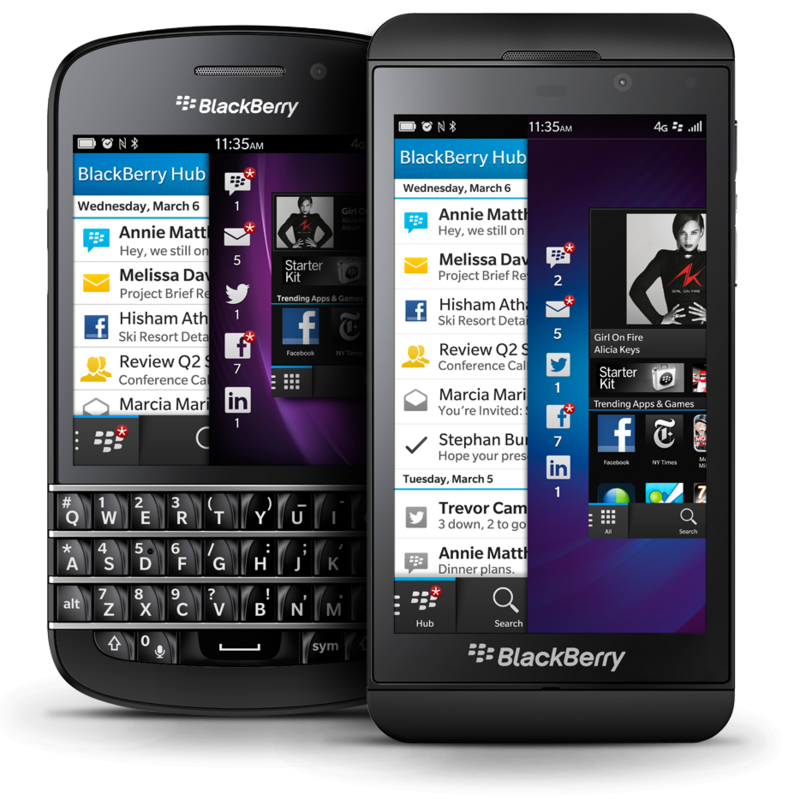
The Blackberry 10 operating system was a labor of love for the Waterloo based company and they spent untold millions developing it. It is their flagship OS that has been used in their entire line of smartphones over the last few years. Their market share is woeful, and according to a new report represents less than 1% in the US. One avenue that Blackberry could take is to freely distribute their OS to headset makers and allow phone and tablet companies to use the OS.
BlackBerry 10 is a proprietary mobile operating system developed by BlackBerry modern line of smartphone.Devices running BlackBerry 10 are the Z30, Z10, Z3, Q10, Q5, P’9982, P’9983, the BlackBerry Passport and the upcoming BlackBerry Classic smartphones. BlackBerry 10 is based on the QNX operating system, which is popular in industrial computers and used in many car computers, which was acquired by BlackBerry in April 2010.
There are a few compelling aspects of the Blackberry 10 OS that would be appealing to manufactures and smartphone companies. My favorite is the gesture based technology that allows people to swipe the bezel to view and close active applications. Users can also swipe from the top edge, to bring down a quick setting shade on the home screen, or an option shade on other supported apps. Also, while using any application, the upside down J-hook (starting from the bottom of the bezel and moving upward and right) allows users to peek at any notifications or messages on the BlackBerry Hub. Finally, swiping left to right scroll through the available screens.
If Blackberry were to take the Android route, it would provide some obvious benefits. One of them is their enterprise software BES and BIS that allows clients to be able to setup a secure solution to handle data and email. Likely, the more the Blackberry OS takes off, the more international governments and corporations would be likely to adopt it, which would increase revenues.
Many mainstream phone vendors are concerned about the growing power of Android. Samsung has been working on the TIZEN OS on their new line of smartwatches and are considering using it in some upcoming phones and tablets. Samsung currently accounts for 75% of all Android devices right now, so the fact they are looking at something new is telling. Think of what Samsung or HTC could do with a super high end phone with great audio, octacore processor lots of RAM, running Blackberry?
Security concerns aside, do you think it is viable to license out the Blackberry 10 OS?
Michael Kozlowski is the editor-in-chief at Good e-Reader and has written about audiobooks and e-readers for the past fifteen years. Newspapers and websites such as the CBC, CNET, Engadget, Huffington Post and the New York Times have picked up his articles. He Lives in Vancouver, British Columbia, Canada.
